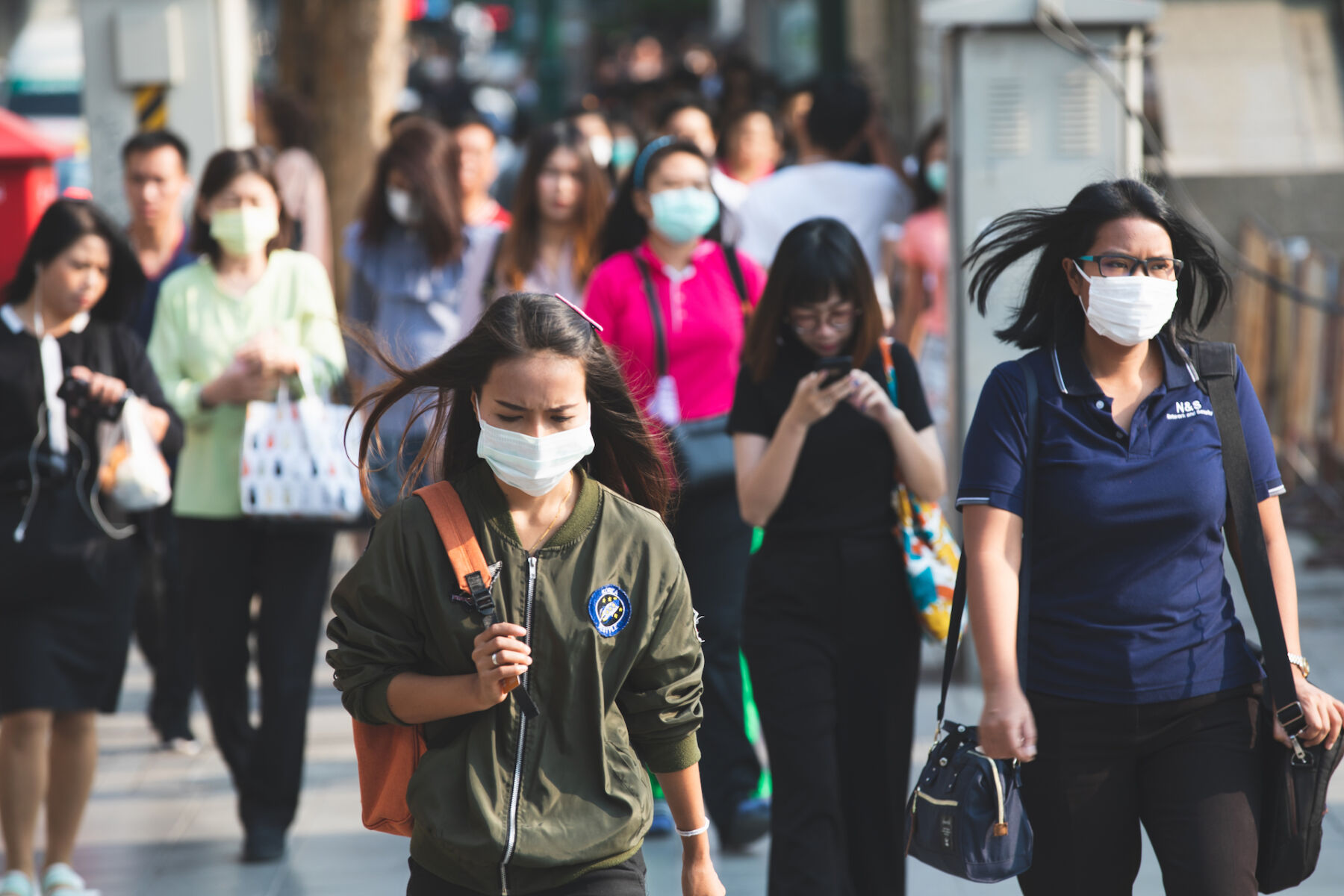Thailand PM2.5 air pollution discussed at global summit

In a historic first for the International Union of Forest Research Organisations (IUFRO), Thailand played host to the Role and Fate of Forest Ecosystems in a Changing World conference, where the PM2.5 situation was discussed.
Over 80 experts from across the globe converged at King Mongkut University of Technology Thonburi (KMUTT) to unpack the dire implications of air pollution and climate change.
Former Minister of Tourism and Sports, Weerasak Kowsurat, delivered a chilling keynote, unveiling the gravity of Thailand’s PM2.5 crisis. He emphasised the role of open burning as a major culprit not just in Thailand but across the region.
“PM2.5 entered our vocabulary only in 2018, but its silent menace has lurked for much longer.”
Addressing the conference, Assistant Professor Prapat Pongkiatkul, Head of Environmental Engineering at KMUTT, detailed the specifics of Bangkok’s PM2.5 issue. Winter months, especially January and February, witness a spike, attributed to an atmospheric inversion trapping pollutants. Traffic emerges as the prime villain, contributing 30 to 40%, with biomass burning, atmospheric reactions, and industrial emissions also playing significant roles.
During Covid lockdowns, a curious revelation surfaced – despite a significant drop in traffic emissions, PM2.5 levels remained alarmingly high. Prapat urged a holistic approach, stressing that the issue transcends urban boundaries, reported Thai PBS World.
March and April see a surge in medical cases linked to PM2.5 peaks, impacting not only Bangkok but nationwide. Increased cases of stroke, eye irritation, and skin problems during winter suggest a strong correlation with air pollution. Young children emerge as the most vulnerable, with over three million under-nine children in high-risk areas exceeding World Health Organisation (WHO) limits. While 50 Clean Air Shelters have been established, millions still reside in danger zones.
Pongkiatkul called for immediate action, drawing inspiration from China’s successful eight-year battle against a similar menace.
In related news, a team of scientists from Mahidol University’s Faculty of Science, focusing on osteoporosis, recently discovered a potential link between fine particulate matter smaller than 2.5 microns (PM2.5) and the onset of osteoporosis. They observed that lab rats exposed to PM2.5 developed bone inflammation, leading to an increase in bone-degrading cells called osteoclasts.
Latest Thailand News
Follow The Thaiger on Google News:


























